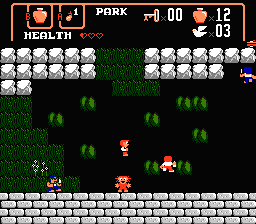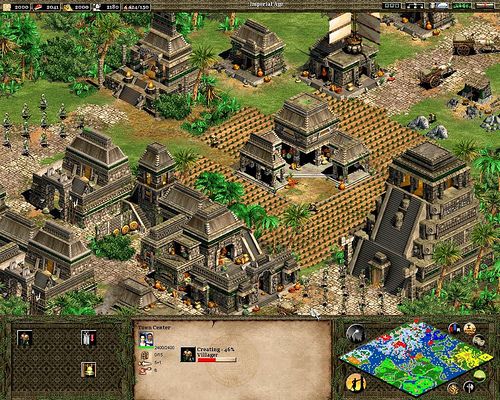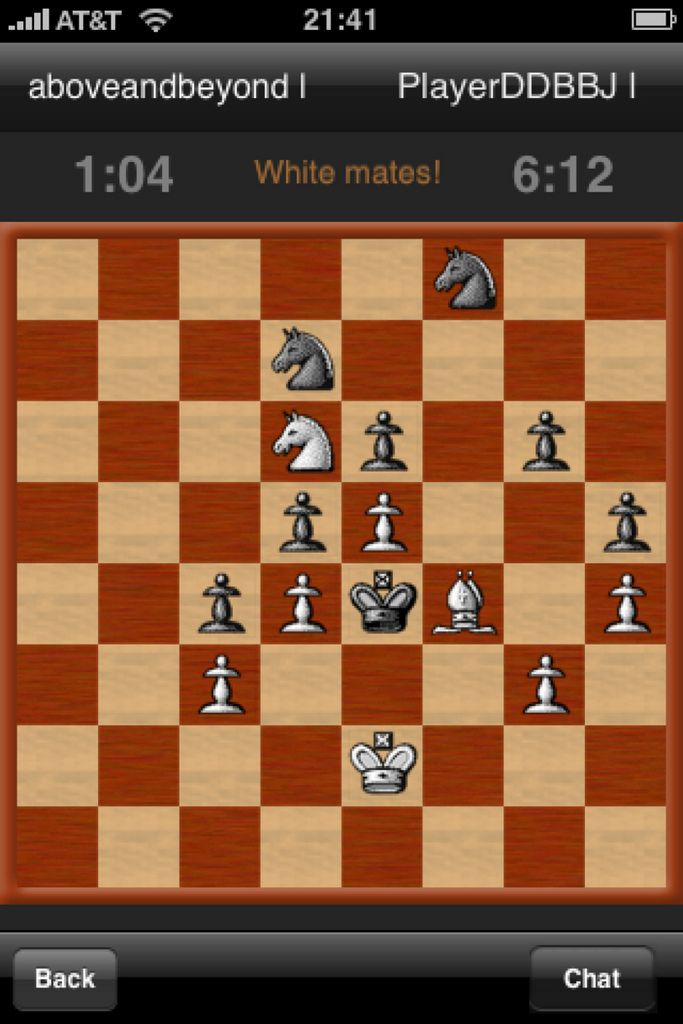Great storytelling isn’t dead. It thrives in a new medium, a cross between story and game enabled by the fusion of technology, well-crafted stories, and game design. A story is no longer merely a story; it’s an experience. It’s an immersion. And that means it can affect people in a way that might surprise you.
I work from home and often have to weave my way through a pack of kids playing Xbox in my living room. Recently, I noticed something strange. Several kids watched while only one played. They were transfixed. I stopped to see what was so fascinating. The on-screen dialogue was crisp and intriguing, so I sat and watched. I asked about the characters. How had they become who they were? What happens to them? Who were the bad guys, really? The kids revealed a backstory with all the elements of a good novel:
A galactic circle of life set spinning by an un-living race of machines threatens the galaxy’s civilizations. Every fifty millennia these machines return to blast every advanced civilization back to the Stone Age. Why? What do these machines have against advancement? Why a cycle? Why not just end it once and for all? Earlier civilizations tried to resist. Now it’s happening again. How is the current cast different? How will they break the cycle and defeat the mysterious and frightening enemy?
There is big action, betrayal, sacrifice, loss, and redemption. There is even a main character named the Illusive Man. How do you get a name like that?
Writers put all this into the story and game developers built the story into a game. Players are thrust into hard decisions and heroic acts, often finding themselves in classic Kobayashi Maru no-win scenarios, choosing which of their comrades to save and which to leave to die. And, of course, what they choose has plenty of unintended consequences.
That’s Mass Effect 2. Mass Effect 3 came out a few weeks ago. I won’t play, but I have to find out how it all ends. Why? The story.

My kids and I aren’t the only ones hooked. Mass Effect 1 and Mass Effect 2 combined sold seven million copies. At the end of February, Bioware, the company that makes the Mass Effect games, sent weather balloons into space carrying copies of Mass Effect 3. They launched them from San Francisco, Las Vegas, New York, London, and Berlin. People on two continents raced to recover the payloads of the spent balloons to get their copy of the game two weeks early. The popularity of Mass Effect has continued to grow over the years, approaching the status of a cult classic. Why? It’s not the game mechanics, which are common. And it’s not the action, which can’t compete with the pure action games, such as Call of Duty. It’s the story that makes it great.
A generation of players are seeing story from a new angle. Simple characters that can be classified into cliche types fail to satisfy. Plots that don’t lead down a path of discovery and, ultimately, to a resolution that matters, bore. Low stakes are no stakes and that means no player investment. Gamers engage in the story at a level previously only seen with better novels.
So what’s different? Players are now immersed in the story in the same way Hunter Thompson immersed himself in his stories. He created a new kind of journalism where the journalist entered into the lives of the people and into the action of the events he covered. He called this Gonzo Journalism. His goal was to deeply and truthfully experience the emotions that drove people’s actions, to understand the history that led them to that time and to that place, and thereby to uncover and communicate meaning that only comes through the lives of people. To do this he had to become part of the story he was writing, and that meant affecting the story, making it.
Mass Effect is Gonzo Gaming. Players become characters, experiencing the story and making it their own creation. Admittedly, immersion can enhance any game experience, no matter how shallow and cheap the story. But combine immersion with a great story, and you create a connection with your player-character that sticks. It’s this Gonzo connection that is the real payoff. It forms a pipeline of experiences and insight by transporting the player-character into the world of the story. They live in it. They shape it. They care about it.
Isn’t this the very effect so coveted by the best storytellers– to draw their readers into their worlds, introduce them to its inhabitants, and make them care? To entice them to have relationships with people from other worlds, to understand them, and finally to learn from them? To find meaning by living in an alien skin?
Today the pieces are there for all this to happen in a new, technological medium. Today meaning can become an essential part of the game experience. Now, for the first time, the complex interactions of life that thrill, entertain, and educate, that cause us to question and wonder, that show us a shadow of greatness and nobility, that once existed only in good novels and great movies, can be found in the common, yea humble, video game.



